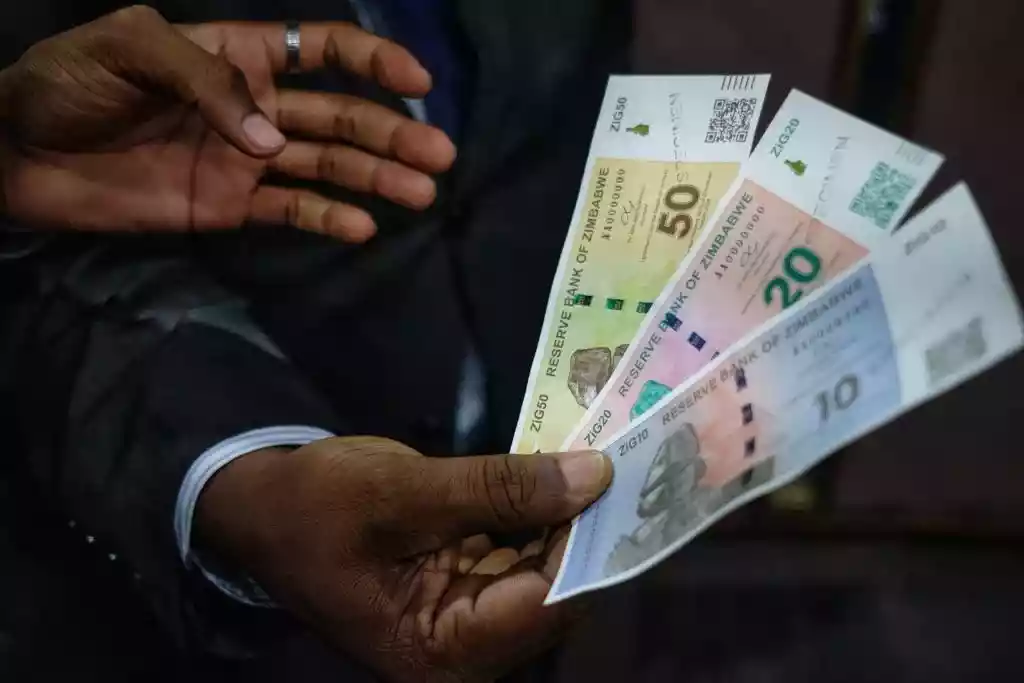
FINANCE, Economic Development and Investment Promotion minister Mthuli Ncube yesterday announced a major tax cut on local currency transactions, reducing the Intermediated Money Transfer Tax (IMTT) by a quarter in a bid to boost the use of the Zimbabwe Gold (ZiG) and ease business costs.
The reform, a central feature of the 2026 national budget, forms part of a broader overhaul of a levy that has long been both a key revenue source and a cause of frustration for industry.
The IMTT, charged at 2% on most electronic transfers, has been widely criticised for squeezing liquidity and increasing the cost of doing business.
Ncube acknowledged those concerns, describing the tax as “distortionary”, particularly in Zimbabwe’s entrenched multi-currency environment.
“Its high incidence on business transactions and liquidity flows has made it distortionary,” Ncube stated, conceding to “consistent calls by various stakeholders for a review”.
The government will now introduce a two-tier IMTT structure that explicitly favours the local currency.
“I, therefore, propose to review the IMTT framework as follows: reduce the IMTT rate on ZiG-denominated transactions from 2% to 1,5%, in order to promote use of local currency and lower transaction costs,” Ncube said.
The 2% rate will remain in place for foreign currency payments.
- Awards target married couples
- Budget dampens workers’ hopes
- Govt issues $24 billion Covid-19 guarantees
- Letter to my People:They have no answers for Nero’s charisma
Keep Reading
In a further concession to formal businesses, Ncube proposed that IMTT be treated as a tax-deductible expense for Corporate Income Tax purposes, but only for fully tax-compliant entities, a measure aimed at strengthening compliance and widening the formal tax base.
Treasury estimates the changes will result in revenue losses of about US$89 million per year, which Ncube described as a “fiscal adjustment consistent with prudent management”.
To cushion the impact, he proposed raising Value-Added Tax (VAT) from 15% to 15,5%, saying the increase would help “preserve fiscal balance” while keeping Zimbabwe within a competitive regional range.
The budget also targets the fast-growing digital economy, where Ncube said “substantial revenue leakages” have emerged.
He proposed a new 15% Digital Services Withholding Tax on payments to offshore platforms, including e-hailing services, streaming providers and satellite internet operators.
Banks and mobile money companies will collect the tax at the point of payment.
Other measures include extending IMTT to microfinance institutions and removing the existing threshold applying to electronic commerce operators.
The government is also reviewing the sugar content tax to incorporate sweeteners, aligning the measure with public health objectives.
In the mining sector, the budget proposes a complete overhaul of the gold royalty framework to ensure the fiscus captures more value from soaring international bullion prices, which Ncube noted have exceeded US$4 000 per ounce.
He said the current fixed royalty structure limits fiscal responsiveness.
Beyond mining, the gambling sector faces steep tax increases. The Bookmakers Tax will be expanded to cover all licensed operators, while the tax on punters’ winnings will jump from 10% to 25%.











